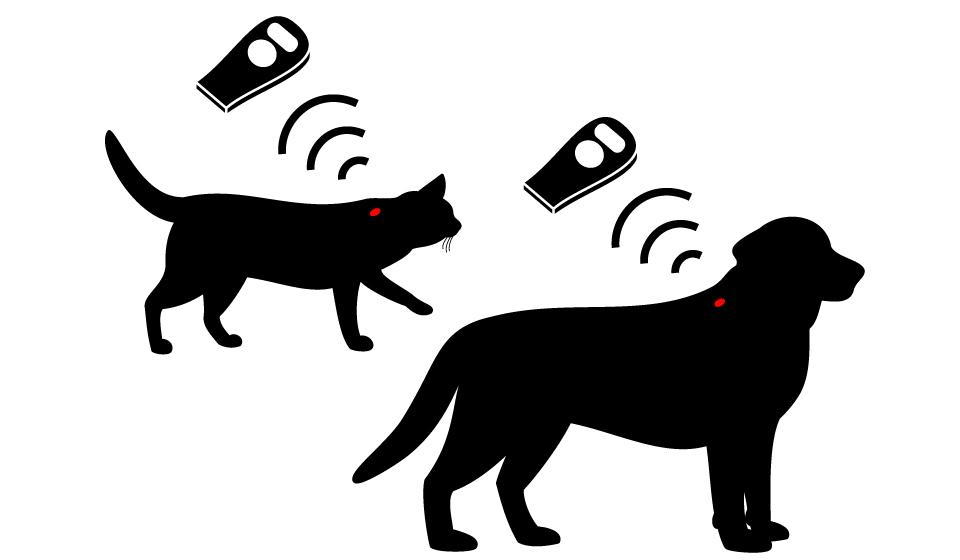
Microchipping a pet helps with the pet’s identification in the event they get lost or wander off. When found, a veterinarian can scan your pet for a microchip, which will give all of your contact information and help return your pet home to you. The veterinarians at Mediapolis Veterinary Clinic in Mediapolis, IA, understand the importance of microchipping pets and helping keep your pet safe.
What Is Microchipping?
Microchipping is a method used by veterinarians to help keep track of pets and ensure they get returned to their owners. A microchip is a small electronic chip in a glass cylinder about the size of a grain of rice implanted into your pet. The microchip gets activated when the scanner passes over the area where it is embedded in the pet, and the radio waves transmit an identification number. This identification number can help the veterinarian look up your contact information.
How Does a Veterinarian Implant a Microchip?
The microchip is injected by a veterinarian under the pet’s skin using a hypodermic needle. The process is no more painful than a typical injection, and no surgery or anesthesia is required. Inserting a microchip into a pet can be part of a routine veterinary pet exam.
Should I Worry About My Privacy if My Pet Is Microchipped?
Your privacy is protected when microchipping your pet; you are only contacted if your pet is found and the microchip is scanned. It is common for microchipping manufacturers to offer newsletters or email communication to pet owners, but you can opt-out of these communications. The only information saved in the microchip database is your contact information on how to reach you to help return your pet to you.
Learn More about Microchipping Your Pet Today
If you still have concerns about microchipping your pet, call (319) 394-3108 to schedule an appointment with the veterinary care team at Mediapolis Veterinary Clinic in Mediapolis, IA. We can show you the benefits of microchipping pets and help answer any questions you may still have.

